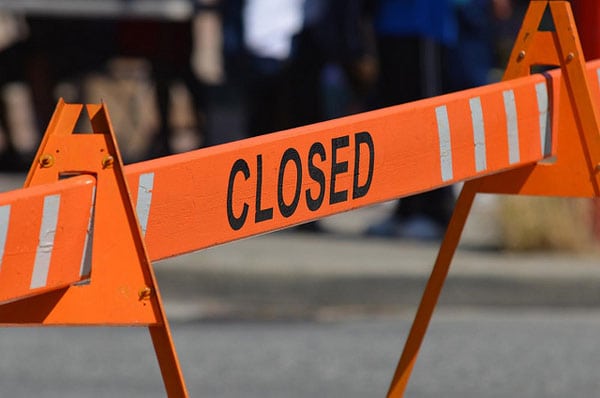
July 25, 2018; Governing
A new study by University of Illinois at Chicago and University of Notre Dame researchers, published by the Brookings Institution, looks at the relationship between public finance and newspaper closures. Among its findings, the study reveals that the cost of municipal borrowing goes up by as much as a tenth of a percentage point (10 basis points) after the closure of a local newspaper. This is true “even when accounting for declining economic conditions,” reports Liz Farmer for Governing. “For the local governments included in the study, that translated to millions more in additional costs between 1996 and 2015,” Farmer adds.
At NPQ, we have regularly noted both the decline of local media and the rise of nonprofit journalism to replace it. The rise of nonprofit journalism is inspiring, but as one NPQ article pointed out last month, “As recently as 2008, US newspapers employed more than 50,000; by 2016, that number had dipped below 34,000.” Does losing 16,000 full-time journalists make a difference? It should not be surprising that the research is beginning to show that it does.
A key reason why the cost of borrowing rises when local press monitoring declines, say report authors Pengjie Gao, Chang Lee, and Dermot Murphy, is because when a local newspaper closes, a relative “local information vacuum” is formed. As Farmer notes, such as a gap “is unlikely to be filled by the national news media, which needs to appeal to a much broader audience.” Online outlets might help more, but in general they have not been able to fully compensate for “the investigative journalism gap left when a local newspaper shuts down.”
The result, notes Farmer, is that “potential lenders have greater difficulty evaluating the quality of public projects and the government officials in charge of these projects.” Put more plainly, corruption becomes easier to hide.
As Farmer points out, “Dozens of papers have folded in the last 15 years. According to the Pew Research Center, local newspaper circulation has declined by 27 percent over that time period, while the number of statehouse reporters has fallen by nearly 40 percent.”
Sign up for our free newsletters
Subscribe to NPQ's newsletters to have our top stories delivered directly to your inbox.
By signing up, you agree to our privacy policy and terms of use, and to receive messages from NPQ and our partners.
Farmer explains the details of the study. The study, Farmer notes, compared “borrowing costs for counties with three or fewer local papers before and after one shuts down, to counties where no local papers closed. It found that three years after a newspaper shuttered, counties paid anywhere from 0.05 to 0.11 percentage points more. Counties with just one or two local papers paid the biggest penalty because there weren’t enough media outlets to absorb the shock.”
As Kriston Capps wrote last May in CityLab, “The survey covers some 1,596 English-language newspapers serving 1,266 counties in the U.S. over the study period. This paper excludes counties without any daily local newspaper (1,863 in all). Across the relevant counties, the study finds 296 newspaper ‘exits’—which refers to a local paper closing down or being absorbed by another outlet, or publishing fewer than four days a week, or merging to form a new newspaper.” All told in the past two decades, “a total of 204 counties saw a decrease in local coverage to two or fewer daily newspapers,” Capps notes.
Of course, not every paper is effective at investigative reporting. Nonetheless, what the study demonstrates is that enough of these papers did make a difference, such that effective monitoring of local government declined after their closure.
As Farmer points out, there are plenty of examples of where investigative reporting has helped keep local government in check, noting that “it’s hard to ignore stark examples like the Chicago Tribune’s series documenting mismanagement in Harvey, Ill., which prompted the Securities and Exchange Commission to investigate.”
“Local newspapers play an important watchdog role for local governments that is not easily substitutable by other sources,” says Murphy, a study coauthor.—Steve Dubb












